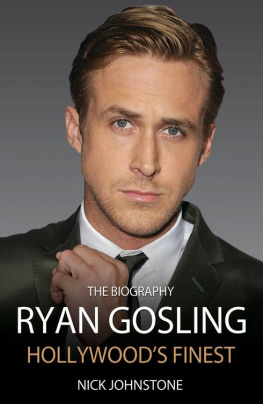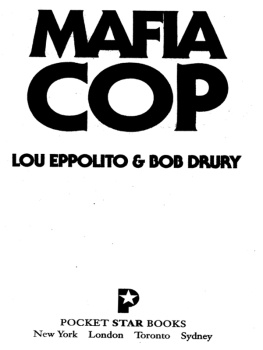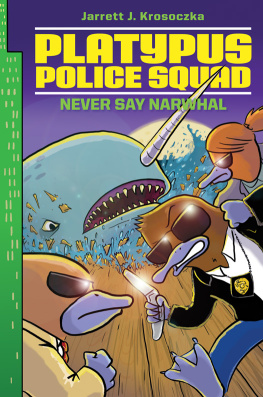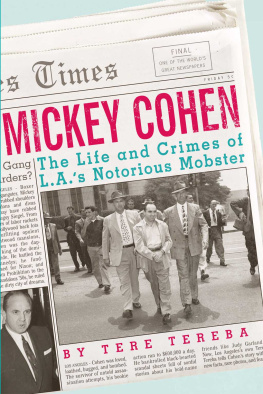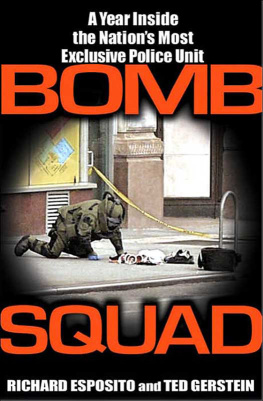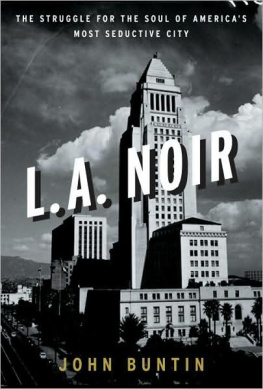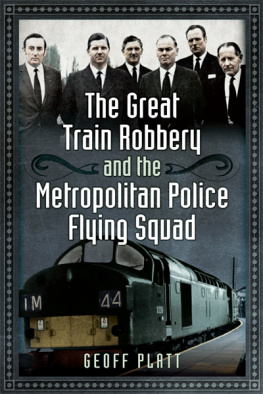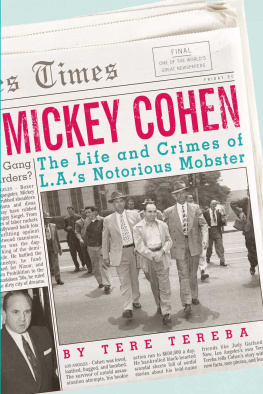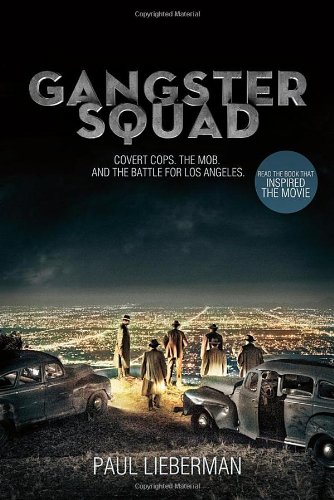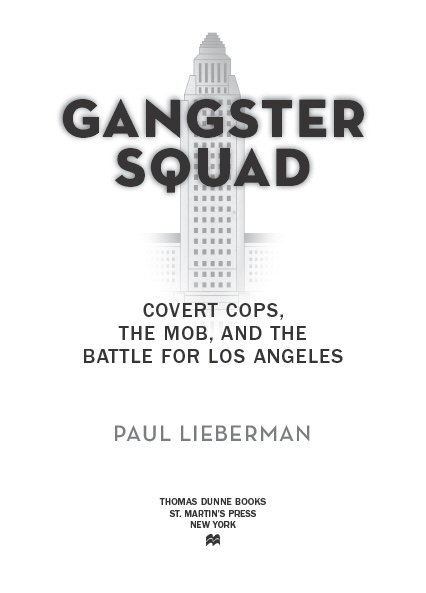Paul Lieberman - Gangster Squad: Covert Cops, the Mob, and the Battle for Los Angeles
Here you can read online Paul Lieberman - Gangster Squad: Covert Cops, the Mob, and the Battle for Los Angeles full text of the book (entire story) in english for free. Download pdf and epub, get meaning, cover and reviews about this ebook. year: 2012, publisher: Thomas Dunne Books, genre: History. Description of the work, (preface) as well as reviews are available. Best literature library LitArk.com created for fans of good reading and offers a wide selection of genres:
Romance novel
Science fiction
Adventure
Detective
Science
History
Home and family
Prose
Art
Politics
Computer
Non-fiction
Religion
Business
Children
Humor
Choose a favorite category and find really read worthwhile books. Enjoy immersion in the world of imagination, feel the emotions of the characters or learn something new for yourself, make an fascinating discovery.

- Book:Gangster Squad: Covert Cops, the Mob, and the Battle for Los Angeles
- Author:
- Publisher:Thomas Dunne Books
- Genre:
- Year:2012
- Rating:3 / 5
- Favourites:Add to favourites
- Your mark:
Gangster Squad: Covert Cops, the Mob, and the Battle for Los Angeles: summary, description and annotation
We offer to read an annotation, description, summary or preface (depends on what the author of the book "Gangster Squad: Covert Cops, the Mob, and the Battle for Los Angeles" wrote himself). If you haven't found the necessary information about the book — write in the comments, we will try to find it.
A full decade before J. Edgar Hoovers FBI even acknowledged the existence of the Mafia, the Los Angeles Police Department launched the real-life Gangster Squad with eight men who met covertly on street corners and slept with Tommy guns under their beds while combating what city fathers saw as an invasion of undesirables. The squad planted bugs in mobsters bedrooms and took visiting hitmen into the Hollywood Hills for a chat ... and a pistol in their ear. But for two cops, all that mattered was nailing Mickey Cohen, the strutting little gangster who for 15 years made a mockery of law and order in Los Angeles. Sgt. Jack OMara was a square-jawed church usher, Sgt. Jerry Wooters a cynical womanizer. About all they had in common was their obsession with the pint-sized Brooklyn-born prizefighter who rose to the top of the L.A. rackets following the murder of his mentor Bugsy Siegel then flaunted his stature by holding court every night along the Sunset Strip. So OMara set a trap for Mickey - using his own guns -- to prove he was a killer. And Wooters formed an alliance with Mickeys budding rival, Jack The Enforcer Whalen, an intimidating figure with movie star looks and dreams of making it in Hollywood. Two cops -- two hoodlums. Their fates collided in the closing days of the 1950s, when The Enforcer stormed into Rondellis restaurant to have it out with Mickey and his crew. Then a bullet between the eyes signaled that the Gangster Squads time was up and so was a formative era in the citys history.
Award-winning journalist Paul Liebermans seven-part 2008 Los Angeles Times series Tales from the Gangster Squad was optioned by Warner Bros. and became the basis for the feature film scheduled for release in the fall of 2012. One of the most highly anticipated movies of the year, it features Josh Brolin as Sgt. OMara, Ryan Gosling as Sgt. Wooters, Nick Nolte as Police Chief William Parker, Sean Penn as Mickey Cohen and Emma Stone as the love interest caught between the citys foremost mobster and the dashing Sgt. Wooters. An Executive Producer of the film, Lieberman spent well over a decade tracking down surviving members of the real police unit and conducted more than 300 interviews in all to write the book version of Gangster Squad. He met countless times with the hitherto anonymous foot soldiers in L.A.s war against organized crime but also with the families and associates of the mobsters they pursued and assembled thousands of pages of documents, including grand jury transcripts, voluminous crime reports, old family letters and photos, and the LAPDs own survey of every mob killing in the city from 1900 to 1951. The result is an in-depth look at the real characters and chilling events that inspired the movie in a tour-de-force narrative that will remind readers of LA Confidential.
Paul Lieberman: author's other books
Who wrote Gangster Squad: Covert Cops, the Mob, and the Battle for Los Angeles? Find out the surname, the name of the author of the book and a list of all author's works by series.

